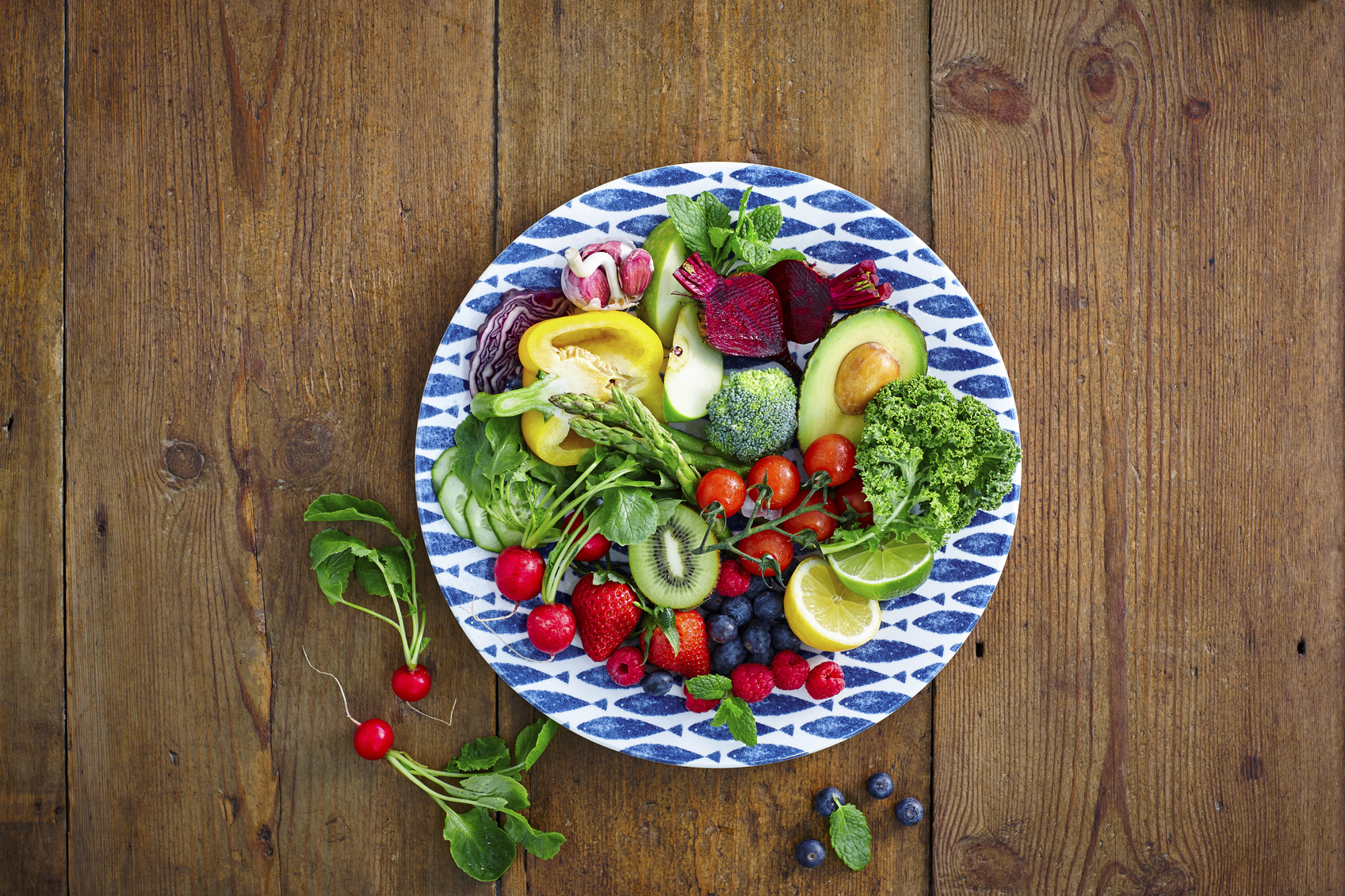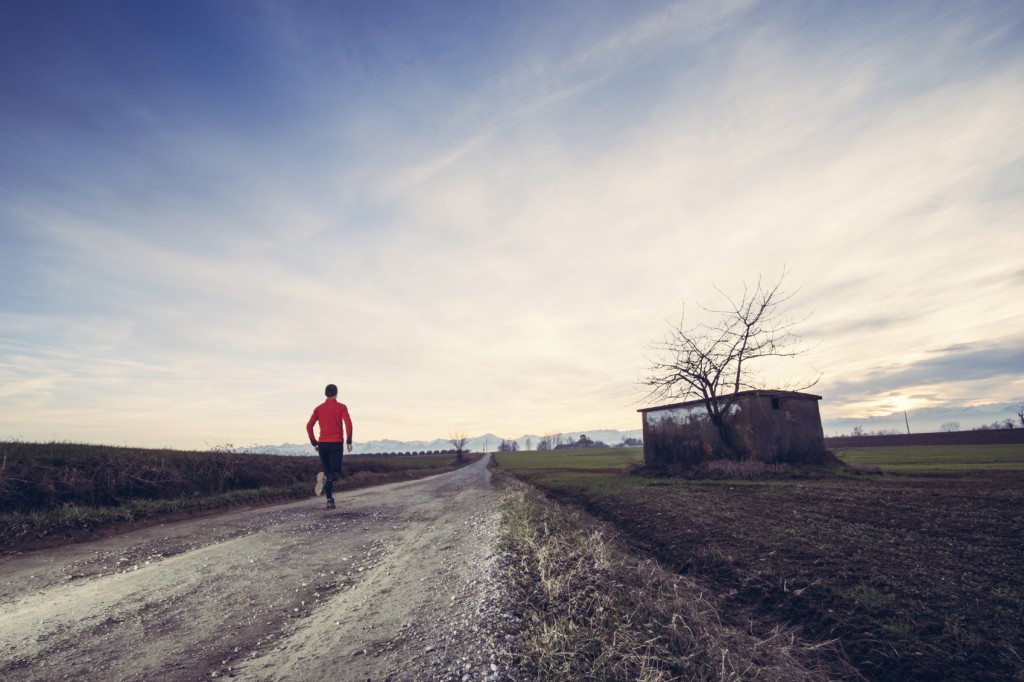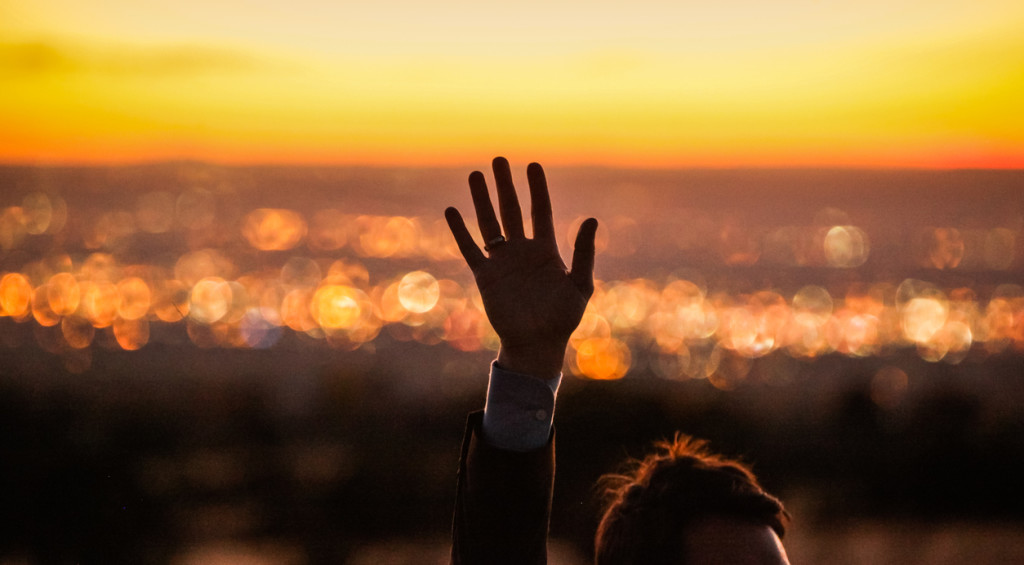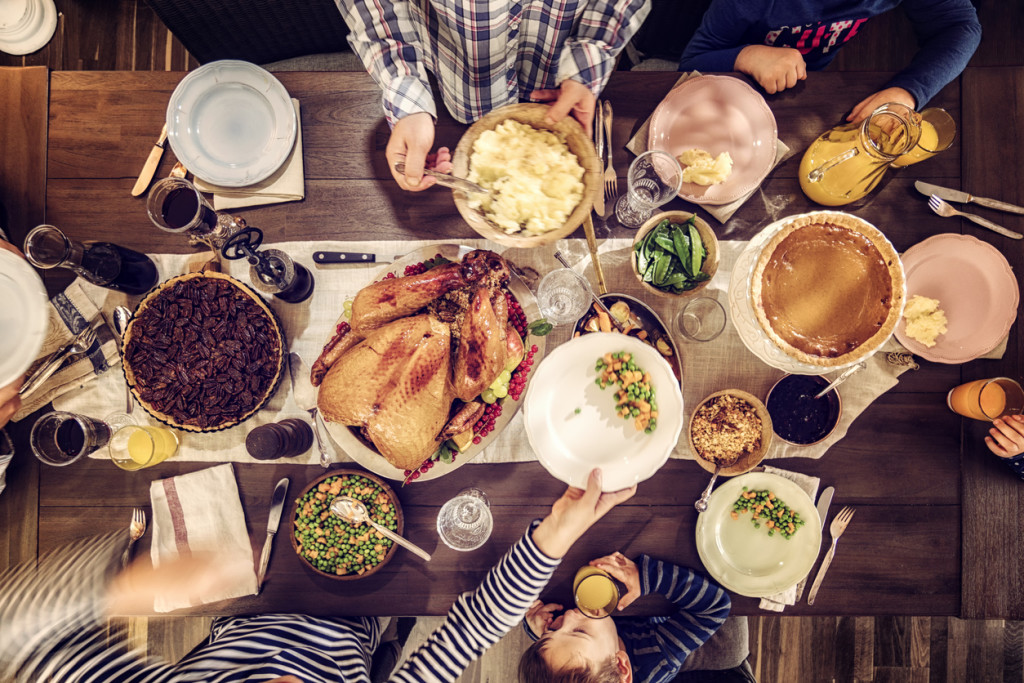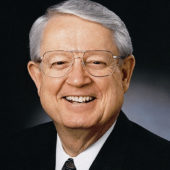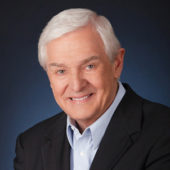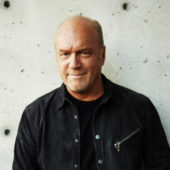Highlight – Rethinking food addiction
If you have a food addiction, how do you prepare for situations, like parties, where the food situation is out of your control? Dr. Rhona Epstein, a recovering food addict herself, has some helpful tips.
“You have to try to think ahead because planning is really, really important. It’s a skill you have to build. You really cannot just go into a party without knowing what’s going on. Most of the time people don’t have what you need.”
“If you are in recovery from a food addiction, chances are you’re not eating foods that normal people are eating. The problem with food addiction is everybody is different. Everybody’s on a food plan, and you have to know what your trigger foods are.”
“Sometimes, it might be good if you’re going to a party to offer to bring something that you can eat, or maybe bring along a safe food in case you show up at the party and find out there’s nothing there that you can eat. Or, just come at a different time and just don’t eat the food.”
Rhona encourages us to consider food addiction just as serious as an addiction to alcohol.
“You know, if a person is an alcoholic and they go to a party and the only thing that’s being served is alcoholic beverages, you don’t just pick up one because that’s all there is to drink. I know it’s a little hard to make that transfer in your brain when it comes to food, but for a food addict, that’s how you have to think, it’s that serious.”
How serious is food addiction?
“If a person goes into a party and all they’re serving is lasagna and that person’s addicted to white flour, and that’s all they’re having, that could be the beginning of a binge that lasts for a year. They can’t think of it like, ‘Oh, well, it’s a few extra calories.’ It’s like this is the first drink for an alcoholic. That’s how you have to think about this when you’re working with your addiction.”
Dr. Rhona Epstein is a recovering food addict who now works as a certified addictions counselor. She is the author of .

